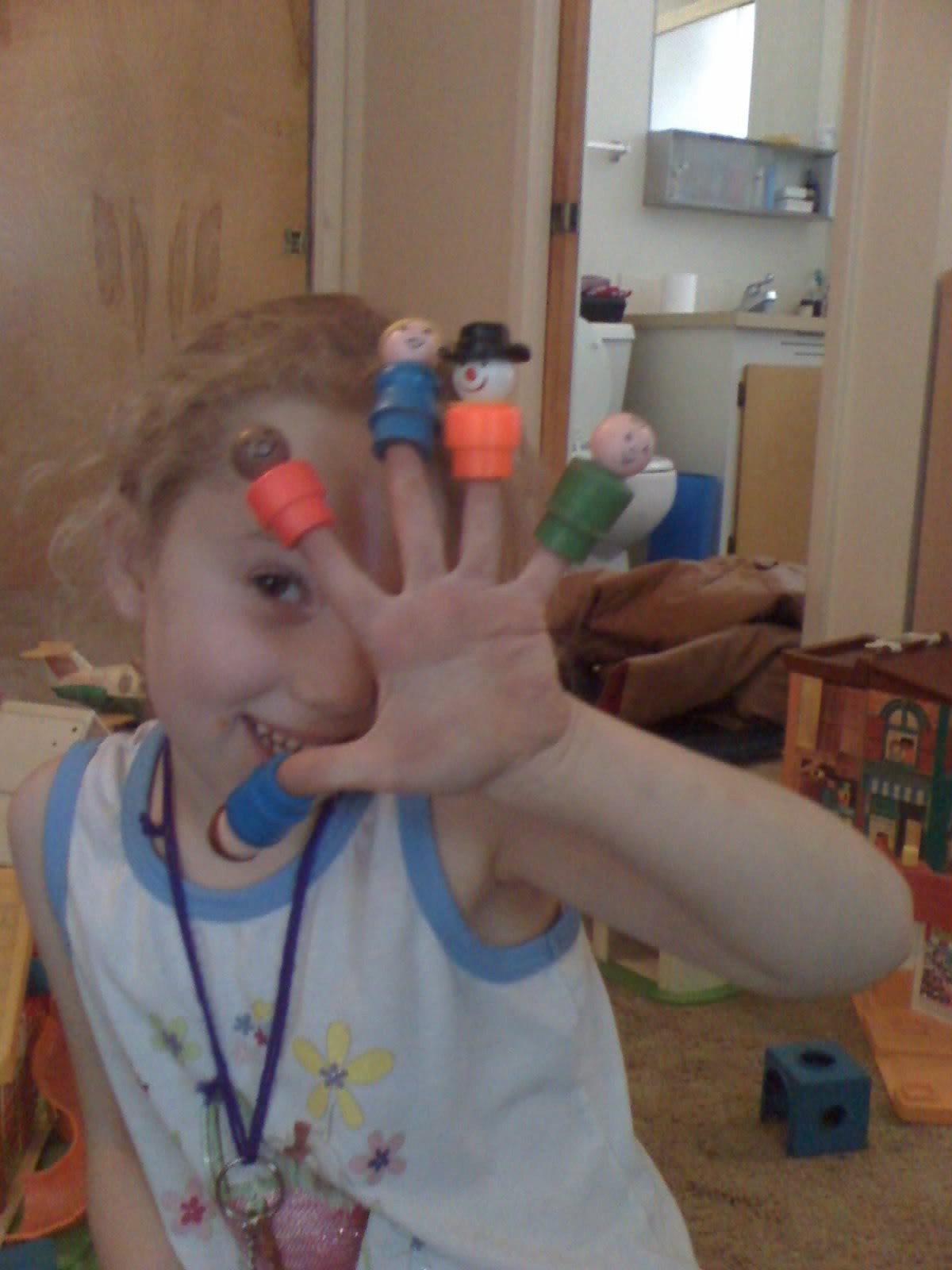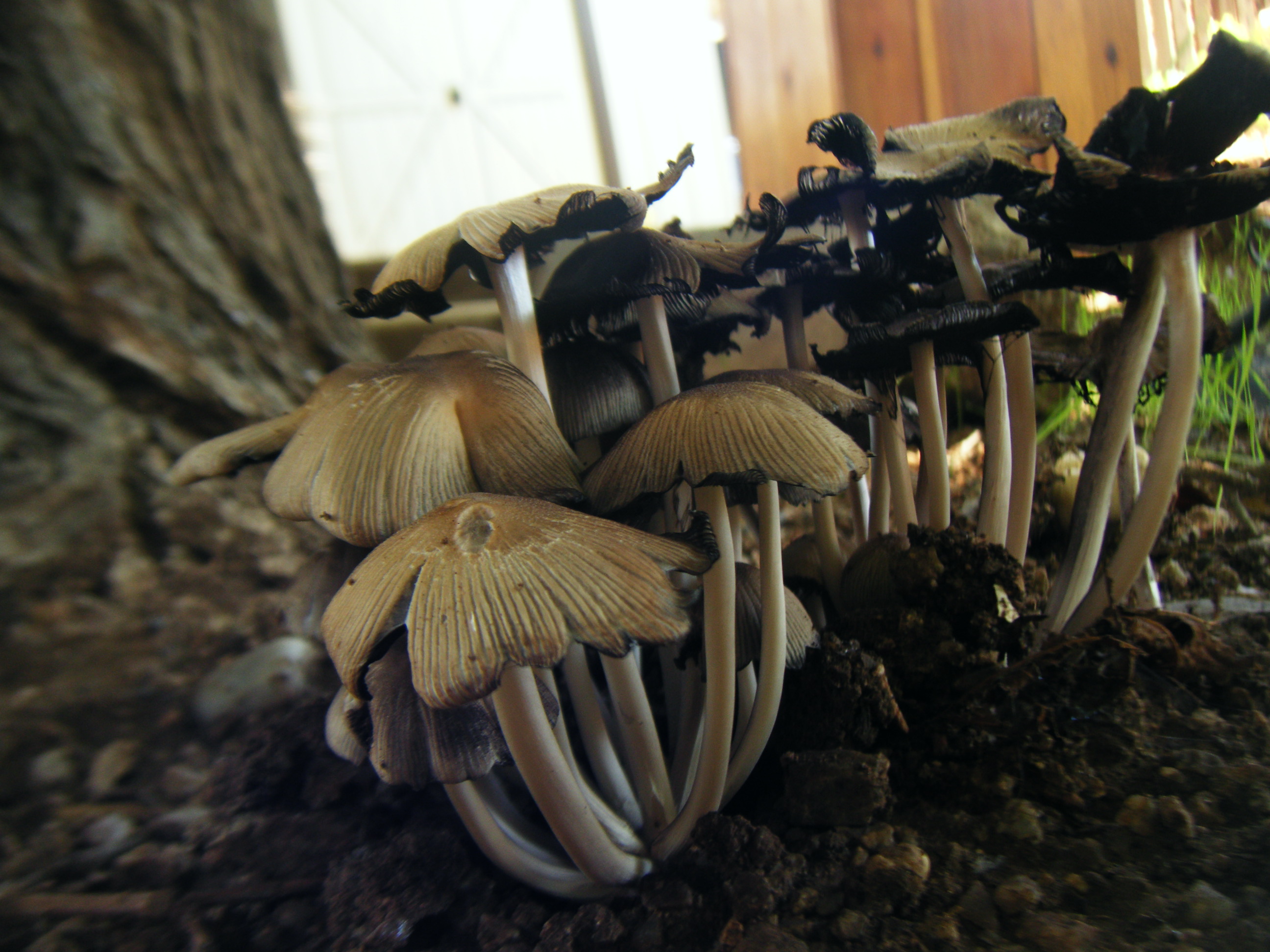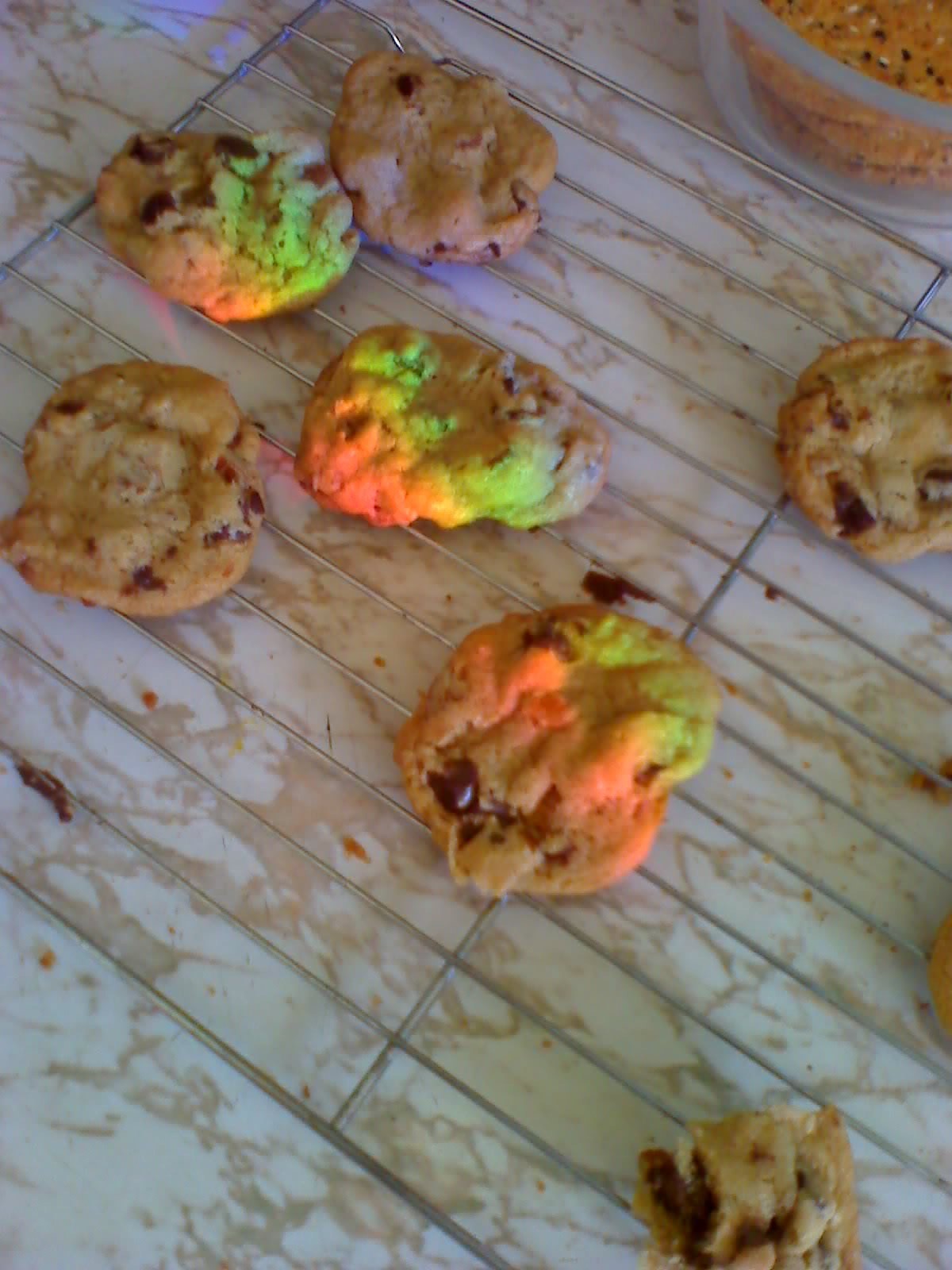
Any child who has learned to read without "being taught" (and I have three of them) cannot doubt that he can learn other things without finding a teacher and following a prescribed course.
If a child is past this point when unschooling begins for that family, there might be another skill instead of reading that will fill the need to see natural learning. For those whose children are younger, parents and children together can learn things in ways that don't involve reading. Parents can learn to recognize learning in its natural habitat (outside of books), while children develop confidence in their own ability to decode and decipher systems and situations large and small.
Confidence in children grows from looking back at what they've learned. Parental confidence grows from seeing in their own children what they've only read about, or heard, of others' children.
photo of Sophie, by Holly
__





